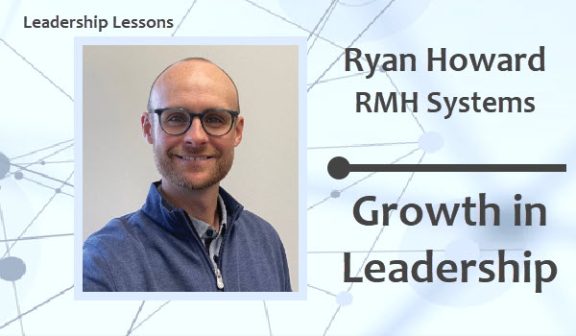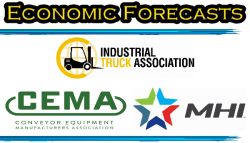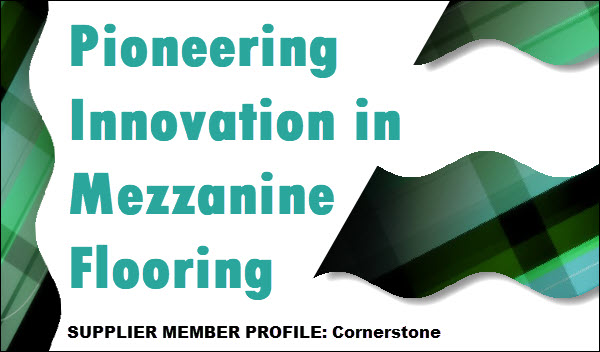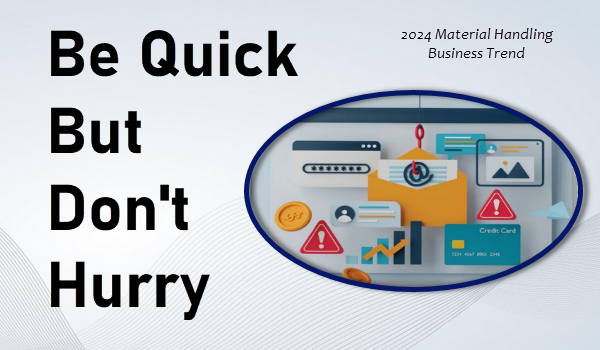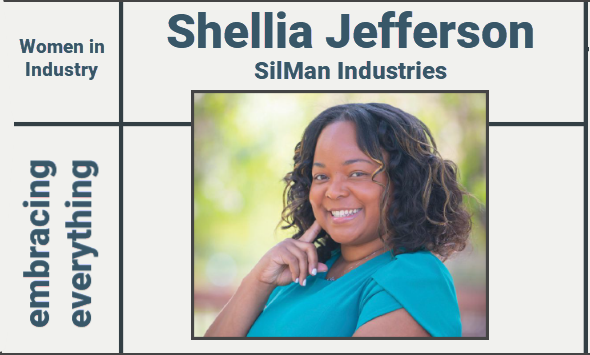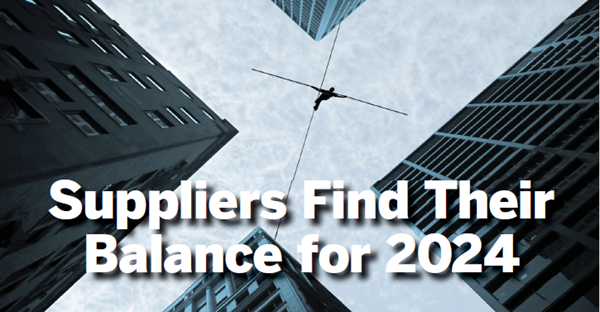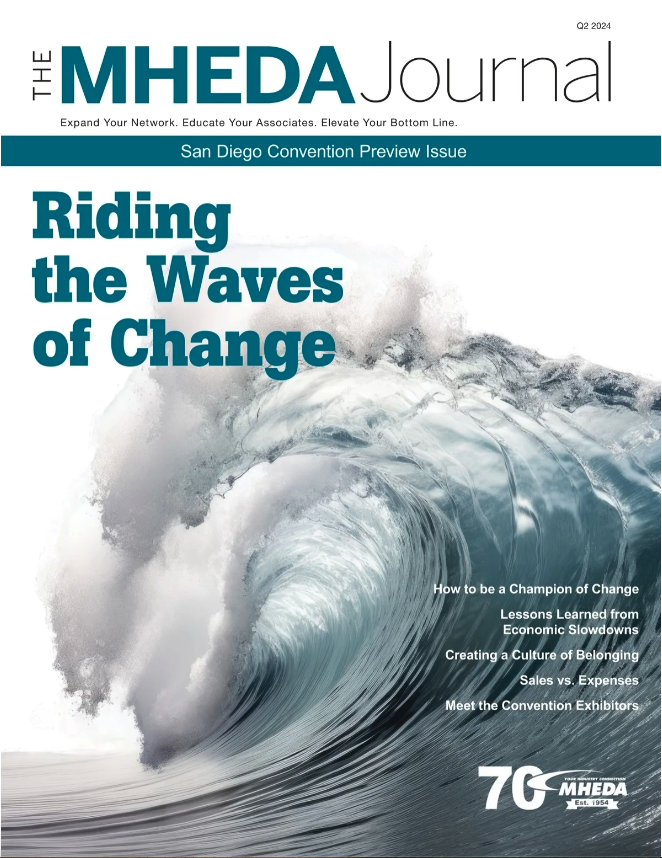Supplier Member Profile: Cornerstone
In the dynamic world of material handling, where the demands of the industry are ever evolving, Cornerstone stands as a testament to innovation and adaptability. Founded in 2001, the company has carved a niche for itself in the mezzanine flooring sector, with its flagship product, ResinDek®, becoming the premier choice in North America and making its mark in 30 countries worldwide.
April 11, 2024
Be Quick, But Don’t Hurry
With equipment theft rising, take the time to know your customer. Dealers of material handling equipment pride themselves on providing responsive customer service, and in a highly competitive marketplace, speed of delivery can mean the difference between making a sale and losing it.
March 26, 2024
Emerging Leaders: Cole Daniel with Gregory Poole
His story begins at North Carolina State University, where he graduated with a bachelor’s degree in agricultural business management. His family’s legacy in farming and construction led him to believe he’d eventually step into one of these industries. Little did he know that his career path would take an unexpected turn.
March 18, 2024
Women in Industry: Shellia Jefferson with SilMan Industries
In the world of material handling and construction, Shellia Jefferson stands out as a dynamic force to be reckoned with. With over 14 years of experience in the construction industry, Jefferson’s journey from high school to a thriving career in material handling and project execution is nothing short of inspiring.
March 11, 2024
Economic Forecast: Suppliers
MHEDA suppliers across North America share their thoughts on the year ahead and the obstacles and opportunities they foresee playing important roles for both them and the broader economy.
March 6, 2024




